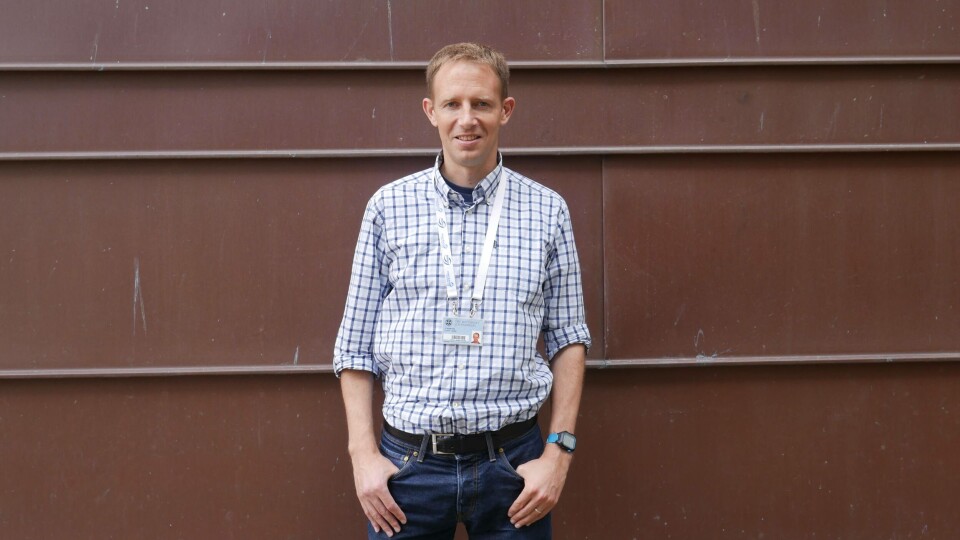
Looking back, thinking ahead: Ross Houston
Fish Farming Expert has asked individuals connected to the salmon farming industry about their year, and what they hope for in 2021.We start the series today with the thoughts of Professor Ross Houston, personal chair of aquaculture genetics at Edinburgh University’s Roslin Institute.
The Covid-19 pandemic has made 2020 a difficult year for many businesses and organisations. How has it affected yours?
Our organisation is primarily focused on research and teaching. Research has been affected by the Covid-19 lockdown in a number of ways. Essentially most research projects had to be put on pause for a number of months during the strictest period of restrictions. For example, it was generally not possible to access the laboratories to perform experiments or process samples to be sent elsewhere.
Once the restrictions eased, the research returned more or less to normal, but generally trying to play catch-up! In addition, the majority of people who can work from home are doing so, which means many more virtual meetings and many fewer face-to-face meetings. This has had an impact on developing collaborations and maintaining relationships, but people have got more used to this way of working, and aspects of it are likely to remain.
What other factors have had a bearing on your work?
Our organisation is dependent on funding from various sources, and the uncertainties about future UK government spending priorities, and the impact of Brexit have had an impact. This affects how well we can plan for the coming years, and the need to look at planning for different scenarios.
What was the most significant event of 2020 for your organisation?
The obvious one is the Covid-19 pandemic. But looking beyond that, the aquaculture team of our organisation were very proud to have a review article published in Nature Reviews Genetics which includes perspectives of the future of the use of genomics technology to help grow sustainable aquaculture.
What would you like to see happen in 2021 to help the Scottish fish farming industry thrive?
I would like to see continued support for collaborative research between industry and academia to support projects targeting solutions to some of the sustainability issues currently impacting the industry. For example, there are multiple ways in which genetic approaches can help reduce the impact of infectious diseases and parasites, and I think this is the sort of long-term research that has potential for major impact in the next few years.




















































